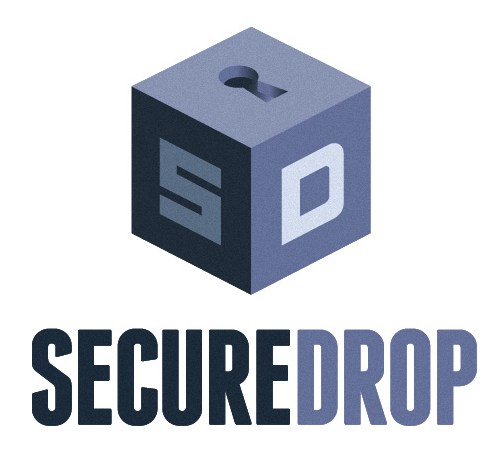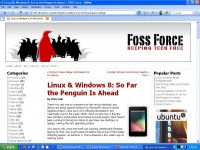The results of our “One Size Fits All” poll on phone and PC interfaces are in. Once again, we find that our thinking doesn’t match the majority.
Microsoft got themselves in a heck of a mess when they insisted their users should happily adopt their phone interface on their desktops. This didn’t work out well, with Windows PC users pretty much refusing to upgrade to Windows 8. Since then, Microsoft has backed down somewhat with version 8.1, but it’s too soon to tell how that’s going to work out for them.
| [yop_poll id=”29″] |
Apple and Google have chosen thus far to keep desktop and mobile not only on separate interfaces, but on separate platforms as well. Apple, of course, uses iOS for the iPhone and OS X for their line of Macintosh computers. Google has Android for mobile devices and Chrome OS for laptops. In both cases, the interface and branding are completely different for mobile and traditional devices.





 Some time after midnight Thursday morning, after getting home from my “day” job, I upgraded my laptop to the latest version of Bodhi Linux, numbered 2.3.0, which was announced on Easter Sunday by the project’s Lead Developer, Jeff Hoogland, on his blog
Some time after midnight Thursday morning, after getting home from my “day” job, I upgraded my laptop to the latest version of Bodhi Linux, numbered 2.3.0, which was announced on Easter Sunday by the project’s Lead Developer, Jeff Hoogland, on his blog 
